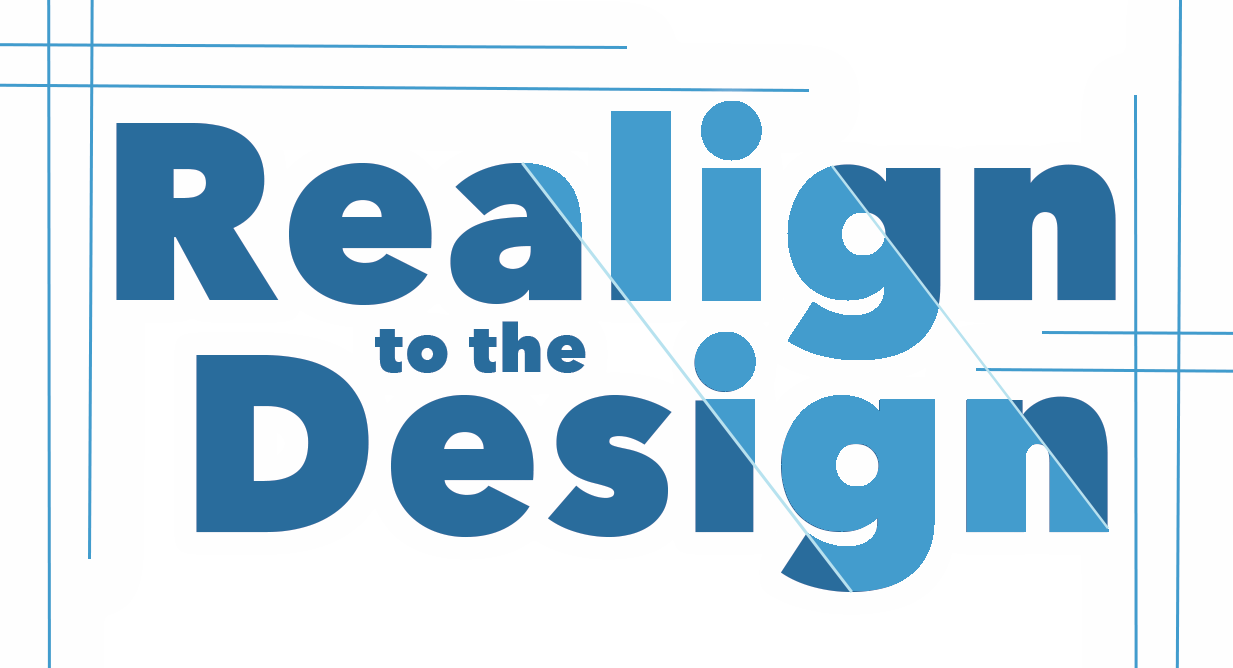You may have heard of the Native American legend about the two wolves and a grandfather teaching his grandson. There is an inner battle between two wolves, one good and one evil. "Which one will win?" asks the grandson. The grandfather's reply: "The one I feed".
That story captures the neuroscience concept of "Wiring based on experience". What the brain does a lot of, it gets good at. Those neural pathways literally grow stronger - I like to think of it as a rut. Use implies strength.
For years the focus of brain studies has been on how we learn new things and what that does to our brain. There is a recent article in Fast Company that explains what researchers are finding out about the opposite: What happens when pathways are not used? It turns out it is just as important that we get rid of unused neural pathways to make room for the new, and that process is called 'synaptic pruning'.
We are now talking about a group of cells in our brain called "glial cells". There are lots of them and they serve as a kind of scaffolding for the brain and are involved in house keeping as well, helping clean up all the chemical leftovers from the various neural transmitter chemicals we use to communicate across the synapse between neurons. But it turns out they do much more. One thing they are finding is that some of these glial cells are involved in getting rid of unused connections. Neural pathways that are used less get marked with a protein called C1q (among others) and when that protein is present, the pruning glial cells do their thing. (And one reason sleep is so important is that much of this pruning happens during sleep.) How long do they have to remain unused? Stay tuned as scientists are still working out how our neurons and glial cells actually work out this pruning process.
So, "practice makes perfect" matches up with what we know about the brain. But these new findings have implications as well. Are there habits we don't like? If we use the pathways for those habits they stay strong. We have to drastically reduce the "traffic" on those pathways if we hope to get the C1q protein working and the pruning glial cells active.
It is interesting to think about the spiritual concept of Sanctification as it plays out in the physical world, and particularly in our brain. The Bible talks about 'putting on' and 'putting off'. And of encouraging one another and fanning into flame/being timid/self control. And it is interesting to think about Christ making all things new.

